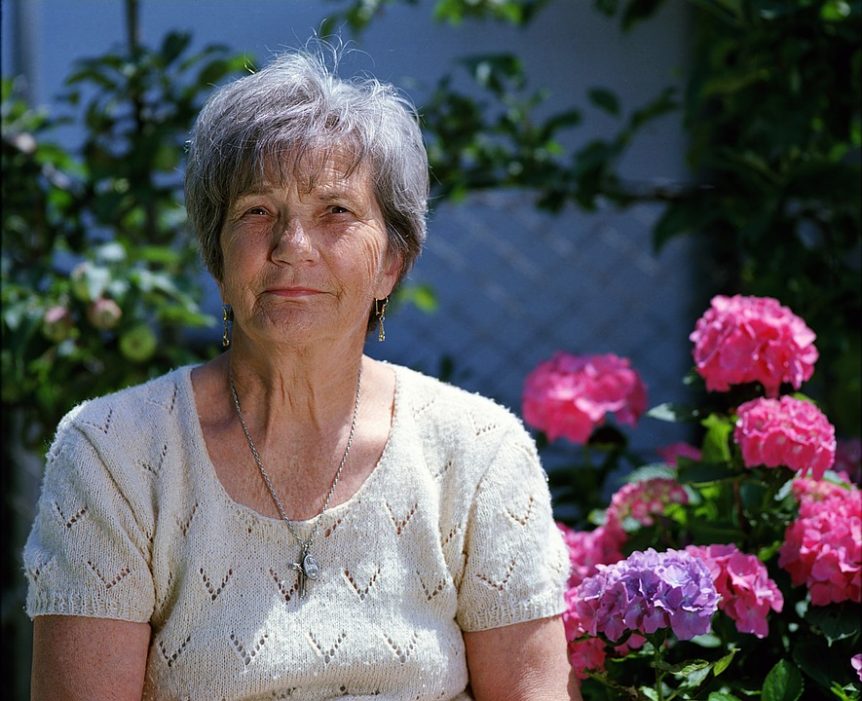It is not uncommon for children to be fortunate enough to have grandparents or great-grandparents who play a role in their lives. According to the United States Census, 70 million Americans, or one-third of all adults, are blessed to live with the title of grandchild.
Grandparents can play other important roles in family life, from historians to teachers, all the way to spoiling their grandkids rotten by making for the adult supervision required for them to enjoy the casino rewards you probably enjoy yourself. They can also be role models and mentors for younger generations, according to the Legacy Project. As parents spend long, long hours at work, families can also rely on grandparents to help close care gaps.
Research from Brigham Young University suggests that children find in their relationship with grandparents a unique acceptance that benefits them. However, a lot of the time, parents don’t involve grandparents in their life and the lives of their kids, due to any number of reasons. That can create a lot of loneliness for seniors, especially in the modern day. A possible solution to this problem can be providing grandparents with home companion care, visiting them as often as possible, and trusting them to have a more involved role with their grandchildren.
These days, more and more grandparents care for their grandchildren on a daily basis and have full legal custody of their grandchildren and make them surrogate parents. More and more grandparents take care of their children every day and have full legal custody of them.
Grandparents have always played an important role in family life but in the last twenty years many have taken on more responsibility for their grandchildren because of changing family and social issues. Grandparents and grandmothers are important providers of childcare, especially for pre-school children and babies and toddlers, while their parents are working. Grandmothers also help parents of school-age children pick them up from school and care for them during school holidays.
The role of grandparents changed with the advent of the nuclear family and the need for parents to work to make ends meet. The second change for grandparents involved difficult problems in their own life, since they took full responsibility for raising their grandchildren when their parents were unable to do so because of drug or alcohol abuse.
On one side of the spectrum, because of the nuclear family system and the fragmentation of families around the world, grandparents do not meet and get to know their grandchildren. Grandparents are reliable, trustworthy and dependable individuals. But the role of a grandparent in the caretaking of children may not be without difficulties, especially when they suffer from a health condition, ailment, or disorder. Seeking the professional help of in-house care service providers from portals like careforfamily.com.au would make it easier for the grandparents and minimize the risks involved. In addition, it could help care for the grandparents in case an issue arises in context to their condition. So, with the right facilities available, the caretaking responsibilities of both, grandparents and children can be simplified.
A qualitative study made by Ferguson (2004) looked at the role of grandparents in divorced families and concluded that there was insufficient evidence for grandparents to have their particular role recognised by law.
Thomas (1995) suggests that the role of the grandparents and the perceived responsibility for grandchildren are less important for men than for women and that grandfathers are less satisfied with their relationship with their grandchildren.
On the other hand, Thiele and Whelan (2006) and Peterson (1999) did not find any significant differences between grandmothers and grandfathers in satisfaction of the role of grandparents. In their studies, both women and men responded positively to the good things about being grandparents and watching their grandchildren develop. However, descriptions of the negative aspects of grandparenthood revealed interesting gender differences in the subjective expectations of grandmothers and grandfathers.
- Best learning toys for children as they age - July 19, 2023
- Luxury yacht charter vs. standard yacht charter: Which is right for you? - February 7, 2023
- Comfortable Shoes for Being on Your Feet All Day - January 10, 2023

Like It? Share It!